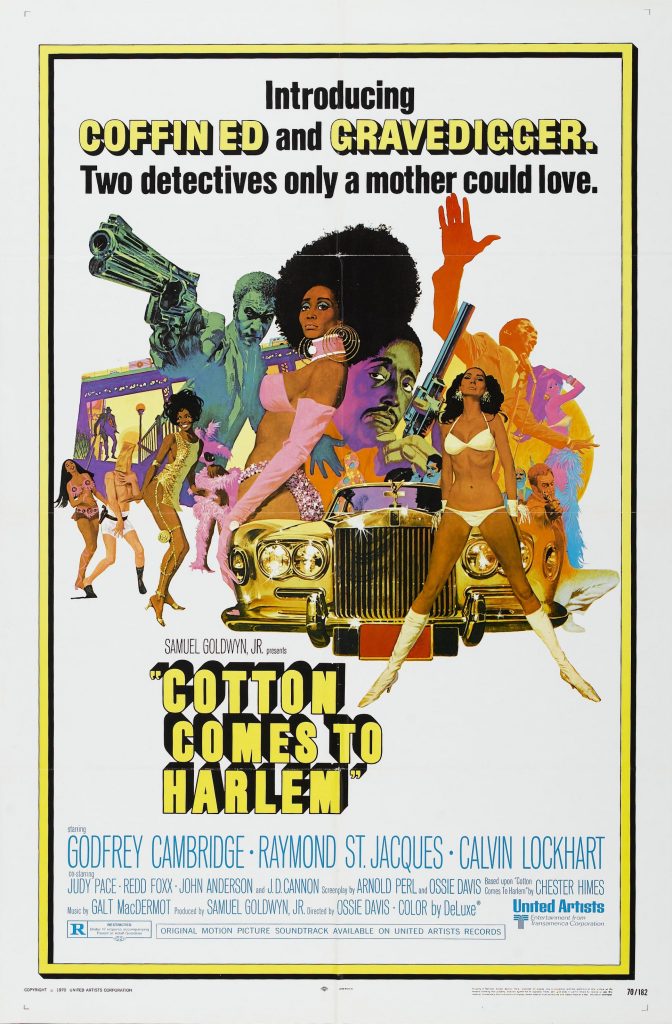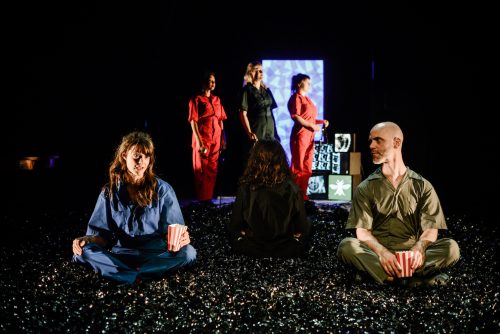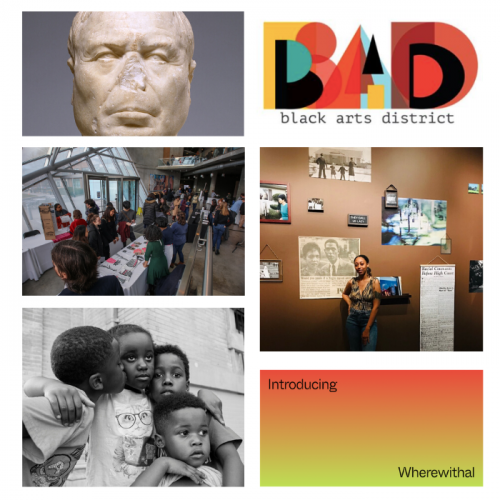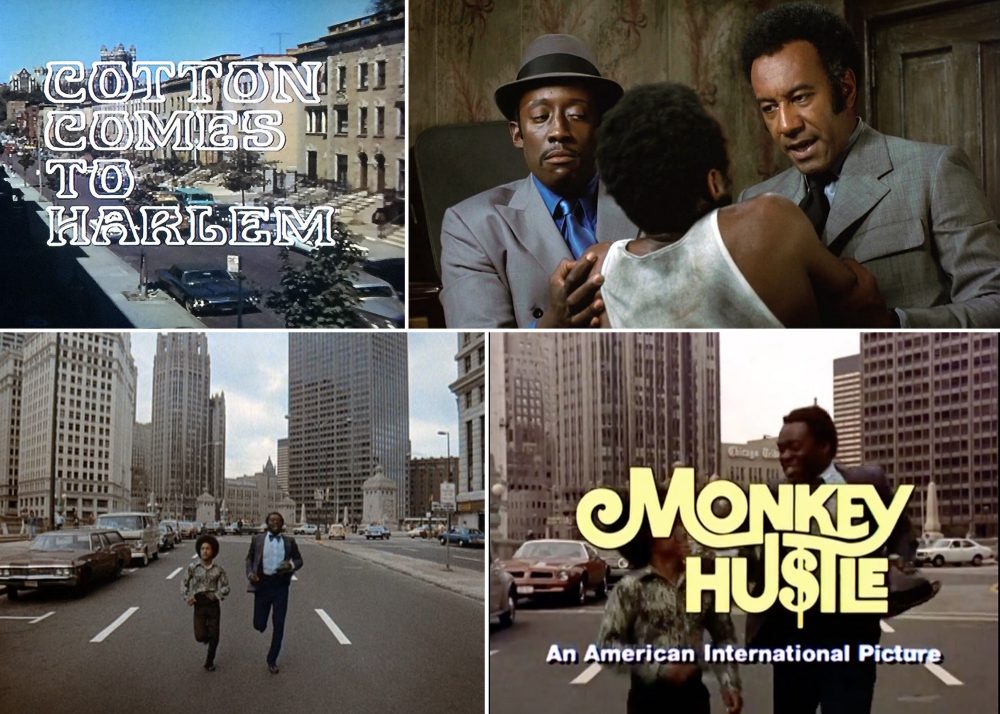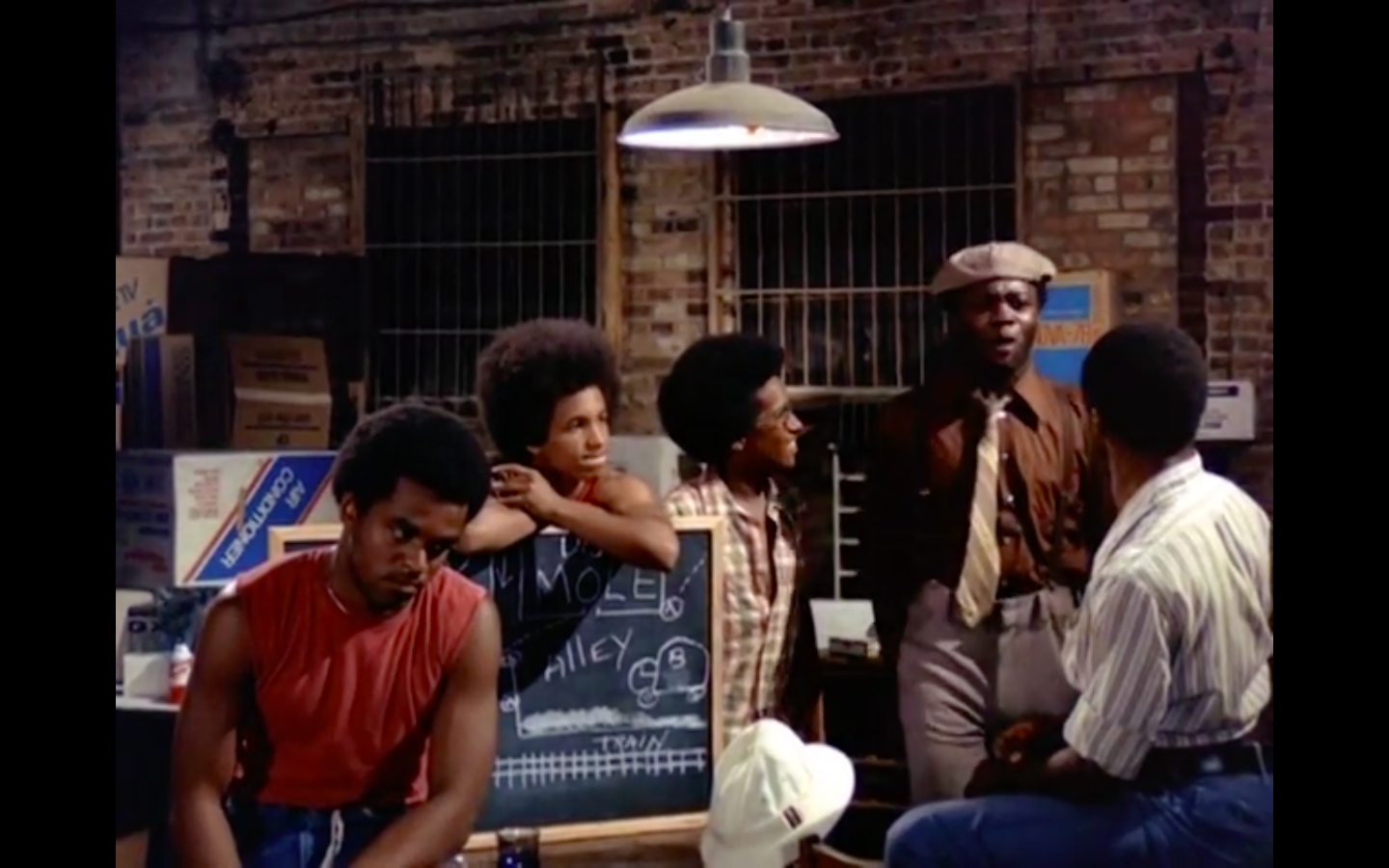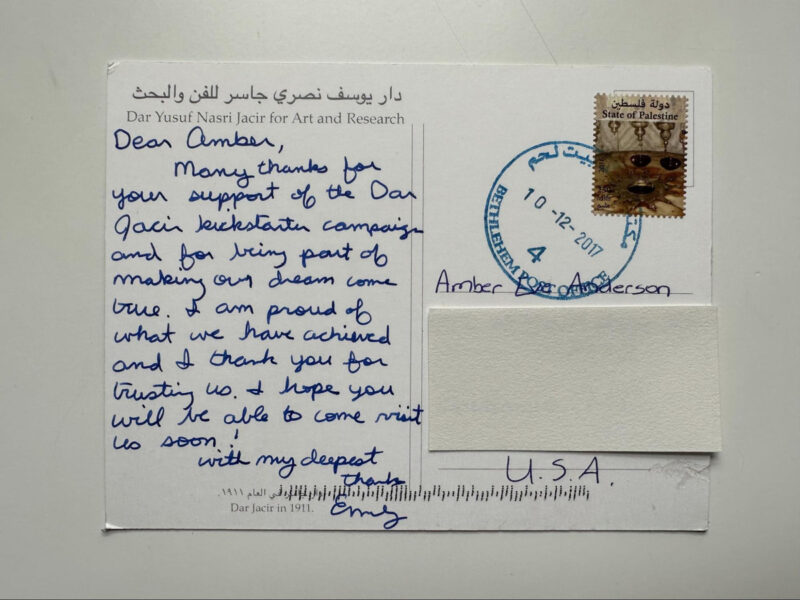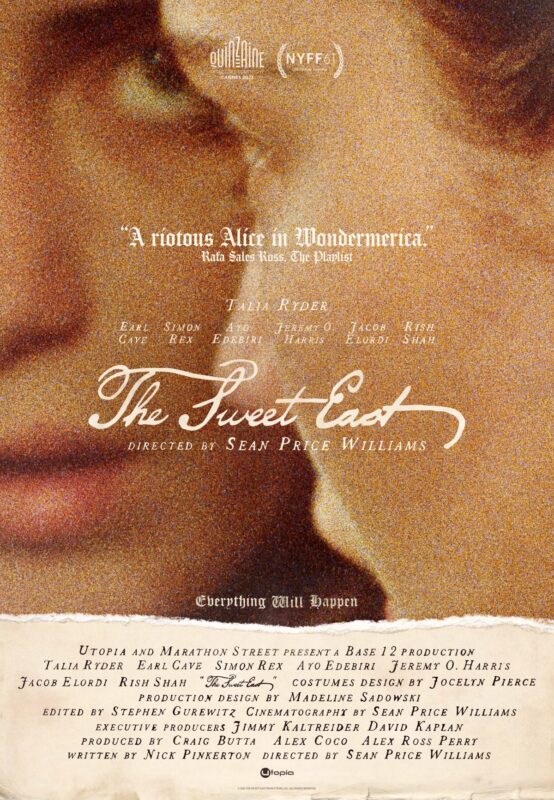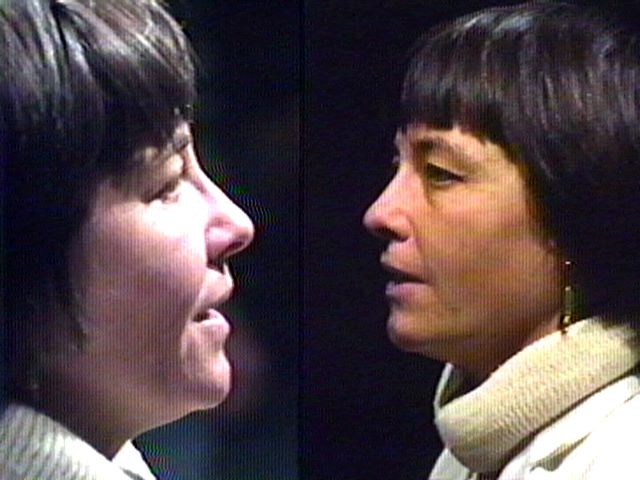MOVIE LISTINGS
THE BALTIMORE MUSEUM OF ART, 10 ART MUSEUM DRIVE, ARTBMA.ORG
We Are Arabbers (Scott Kecken and Joy Lusco Kecken, US, 2004). Sat: 2:00 (free screening)
THE CHARLES THEATRE, 1711 NORTH CHARLES STREET, (410) 727-3464, THECHARLES.COM
2020 Oscar Shorts Animated. Fri: 4:00; Sat: 9:35; Sun: 1:45; Tues: 4:00; Wed: 9:35; Thurs: 4:00
2020 Oscar Shorts Live Action. Fri: 9:35; Sat-Mon: 4:00; Tues: 9:35; Wed: 4:00; Thurs: 9:35
The Assistant (Kitty Green, US, 2019). Fri-Sat: 1:05, 6:50; Sun: 6:50; Mon: 1:05; Tues-Thurs: 1:05, 6:50
Revival: The Silence (Ingmar Bergman, Sweden, 1963). Sat: 11:30 a.m.; Mon: 7:00; Thurs: 9:00
JoJo Rabbit (Taika Waititi, US, 2019). Fri: 1:00, 4:00, 6:55, 9:35; Sat: 1:20, 4:00, 6:55, 9:35; Sun-Mon: 1:00, 4:00, 6:55; Tues-Thurs: 1:00, 4:00, 6:55, 9:35
Little Women (Greta Gerwig, US, 2019). Fri-Sat: 12:55, 3:50, 6:45, 9:35; Sun-Mon: 12:55, 3:50, 6:45; Tues-Thurs: 12:55, 3:50, 6:45, 9:35
The Lodge (Veronika Franz and Severin Fiala, US, 2019). Fri-Sat: 12:55, 3:55, 7:00, 9:35; Sun-Mon: 12:55, 3:55, 7:00; Tues-Thurs: 12:55, 3:55, 7:00, 9:35
Parasite (Bong Joon-ho, South Korea, 2019). Fri-Sat: 12:50, 3:45, 6:40, 9:30; Sun-Mon: 12:50, 3:45, 6:40; Tues-Wed: 12:50, 3:45, 6:40, 9:30; Thurs: 12:50, 3:45, 6:40
ENOCH PRATT FREE LIBRARY
The Best Of Enemies (Robin Bissell, US, 2019). Mon: 5:00, Edmondson Avenue Branch
Fast & Furious Presents: Hobbs & Shaw (David Leitch, US, 2019). Mon: 5:00, Pennsylvania Avenue Branch
Frozen Sing-Along Edition (Jennifer Lee and Chris Buck, US, 2013). Sat: 2:00, Central Library
Jackie Robinson (Ken Burns, US, 2016). Fri: 3:00, Clifton Branch
Race (Stephen Hopkins, US, 2016). Sat: 2:00, Herring Run Branch
THE PARKWAY THEATRE, 5 WEST NORTH AVENUE, (410) 752-8083, MDFILMFEST.COM
1917 (Sam Mendes, US, 2019). Fri: 12:45, 4:00; Sat: 4:00, 6:45, 9:15; Sun: 12:45, 4:00, 6:45; Mon: 9:15; Tues: 9:30; Wed: 9:15; Thus: 6:45
And Then We Danced (Levan Akin, Sweden, 2019). Fri-Sat: 1:00, 4:00, 6:45, 9:15; Sun: 1:00, 4:00, 6:45; Mon-Thurs: 6:45, 9:15
Mariah Garnett: Documentary Appropriation Fiction. Fri: 7:30
Downhill (Nat Faxon and Jay Roach, US, 2020): Fri: 1:30, 4:30, 7:15, 9:30; Sat: 1:30, 4:30, 7:15; Sun: 1:30, 4:30; Mon: 7:15; Tues: 9:30; Wed: 7:15, 9:30; Thurs: 9:30
Fantastic Fungi (Louie Schwartzberg, US, 2019). Fri: 10:00; Sat: 1:15, 9:30; Sun: 7:15; Mon: 9:45; Thurs: 9:30
Kids In The Hall: Brain Candy (Kelly Makin, Canada, 1996). Mon: 7:30
Masquerade (Choo Chang-min, South Korea, 2012). Tues: 7:00 (free screening)
THE SENATOR THEATRE, 5904 YORK ROAD, (410) 323-4424, SENATORTHEATRE.COM
1917 (Sam Mendes, US, 2019). Fri-Sat: 12:45, 3:45, 6:40, 9:40; Sun: 12:45, 3:45, 6:40; Mon: 12:45, 6:40; Tues-Thurs: 12:45, 3:45, 6:40, 9:40
The Call Of The Wild (Chris Sanders, US, 2020). Fri-Sat: 12:50, 4:00, 6:45, 9:35; Sun: 12:50, 4:00, 6:45; Mon: 12:50, 4:00, 6:45; Tues-Thurs: 12:50, 4:00, 6:45, 9:35
Revival: Doctor Zhivago (David Lean, UK, 1965). Mon: 1:00
Revival: Dr. Strangelove (Stanley Kubrick, US, 1964). Wed: 7:30
Downhill (Nat Faxon and Jay Roach, US, 2020). Fri-Sat: 4:05, 9:35; Sun-Tues: 4:05; Wed-Thurs: 4:05, 9:35
Just Mercy (Destin Daniel Cretton, US, 2019). Fri-Sun: 12:40, 6:35; Mon: 6:35; Tues: 12:40, 6:35; Wed: 12:40; Thurs: 12:40, 6:35
Sonic The Hedgehog (Jeff Fowler, US, 2020). Fri-Sat: 1:00, 3:40, 7:00, 9:30; Sun: 1:00, 3:40, 7:00; Mon: 1:00, 3:40, 7:00; Tues-Thurs: 1:00, 3:40, 7:00, 9:30
Revival: The Tale of Princess Kaguya (Isao Takahata, Japan, 2014). Tues: 9:30
